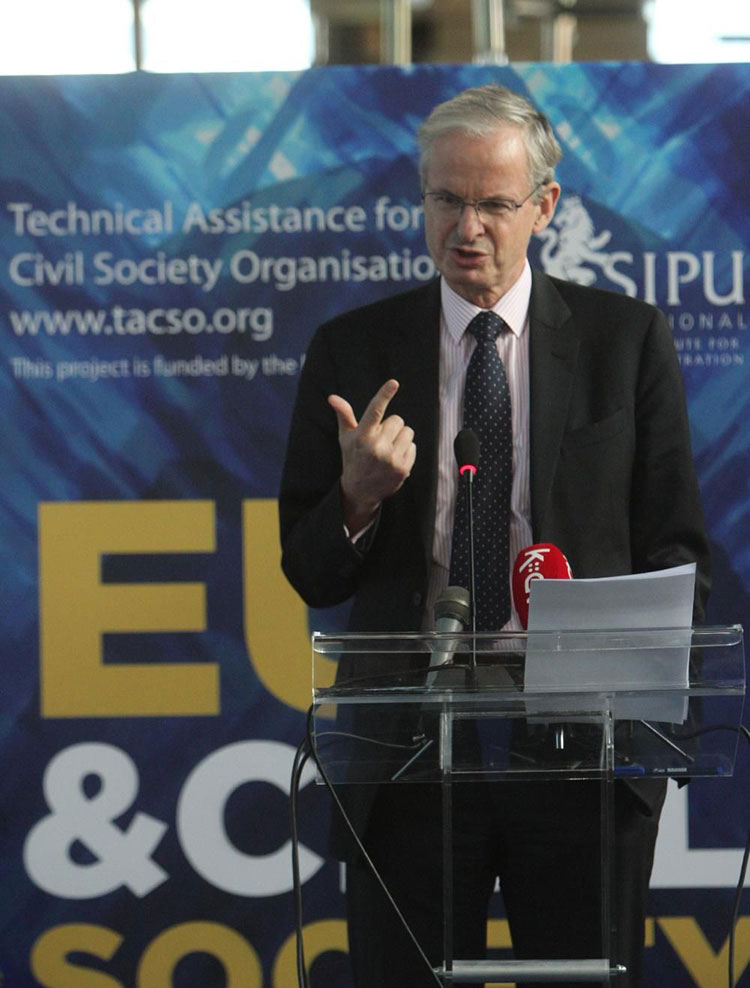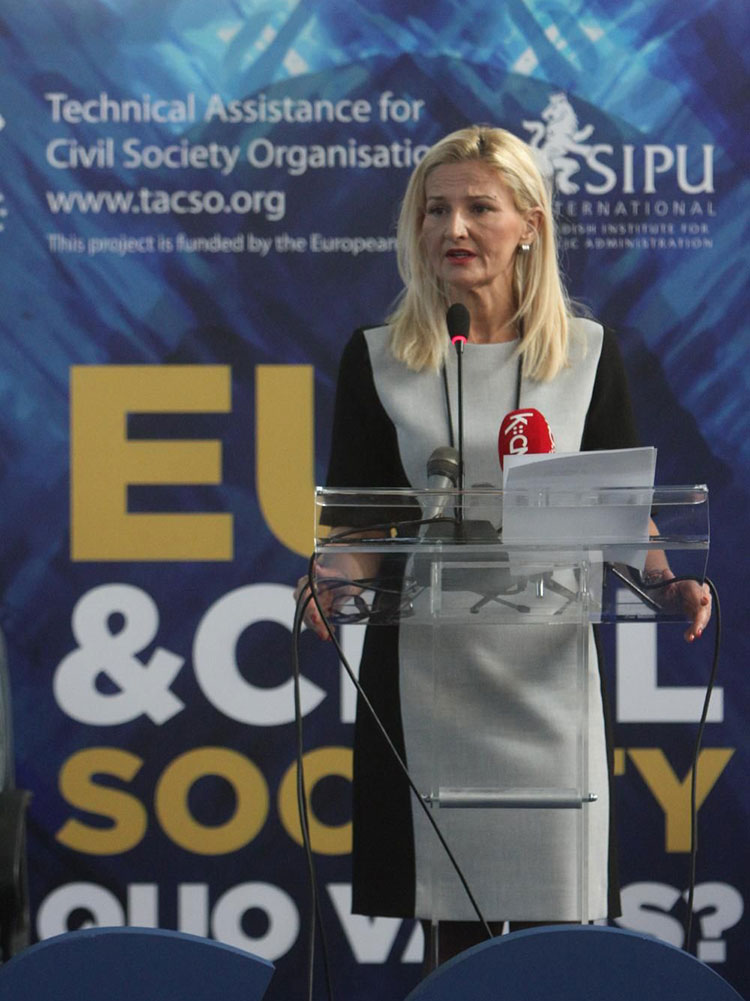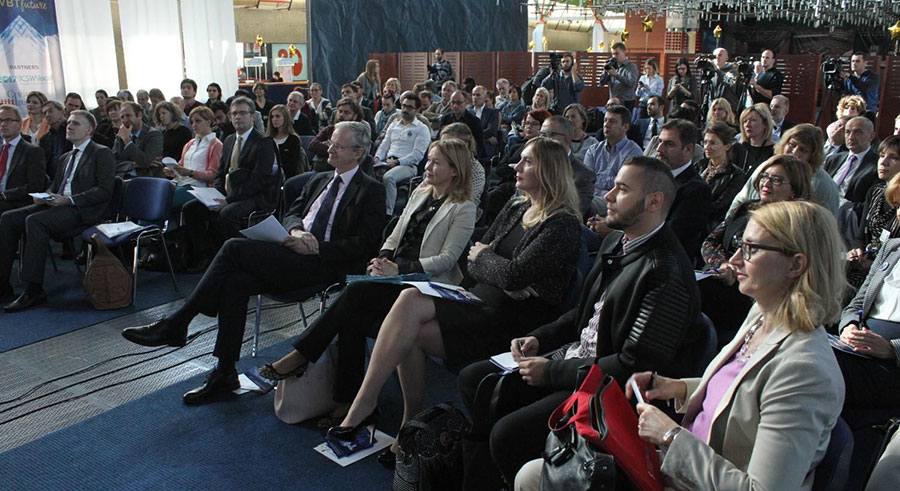The European Commission will continue to support civil society and its engagement in the process of European integration in the Western Balkans and Turkey and secure financial assistance in that regard, Director General for Enlargement of the European Commission Christian Danielsson said today at the opening of the conference “EU and civil society: Quo Vadis?”.

FoNet
Danielsson said that civil society played an important role in promotion of democracy, adding that its voice is crucial for the functioning of democracy.
Civil society brings the know-how, experience and attitudes to the table and, although the executive arm of the Government may not take their voice into account, its observations constitute an important element of the public opinion, he added.
Danielsson said that the European Commission welcomed the engagement of civil society in the processes of European integration of Serbia, Montenegro, Albania, FYROM, Bosnia and Herzegovina and Kosovo*.
Head of Serbian EU negotiating team Tanja Miscevic said that the strategy for a successful accession of Serbia and Montenegro to the EU with a perspective of joining in 2025, which was under preparation and should be laid out in early 2018, was expected to make a significant change.

FoNet
Another key element of European integration is the Berlin Process which has yielded a number of results, such as the Regional Youth Cooperation Office, Miscevic said and added that those results should be enriched with real actions.
The role of civil society in this process is very important to us, e.g. when it comes to preparing negotiating papers, she said. Also, Miscevic added, civil sector is sometimes the first to express an opinion on certain issues, even before the Government officials and ministers.
*This designation is without prejudice to positions on status and is in line with the UNSCR 1244/1999 and the ICJ opinion on the Kosovo Declaration of independence.




